Manasseh's Folder
MANASSEH’S FOLDER: When our tears for Captain Mahama dry…
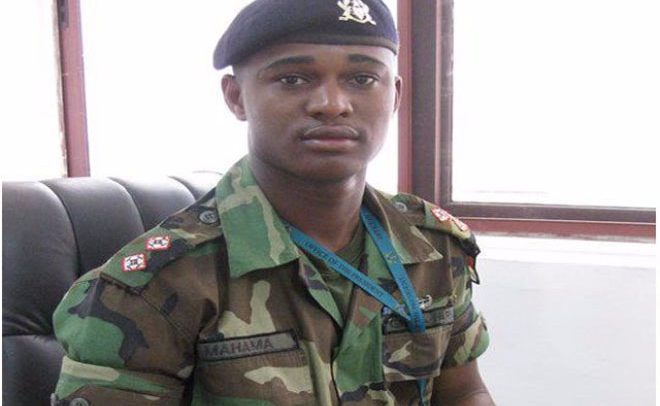
The late Captain Maxwell Adam Mahama
I had never heard about Captain Maxwell Adam Mahama of the Ghana Armed Forces until the news of his cruel killing hit the nation on Monday night. It was on Tuesday morning that the blood-curdling details of how the precious life of the brilliant captain struck our country like a thunderbolt, piercing the hearts of its conscionable citizens like a poisoned arrow, leaving in its wake an eternally painful reminder that will engrave on the minds of his wife, parents, children and close relatives like a wake-up clock whose settings are beyond its owner’s control.
The death of someone as distant as him should ordinarily not have left me devastated, but he was one of the very few people whose deaths broke my tear glands. There are two reasons I’m affected by Captain Mahama’s death more than any other victim of the heartless mob injustice with which our nation is infested.
The death of any Ghanaian soldier always affects me even if I don’t know the person. That emotional attachment to soldiers, including strangers I don’t know, arises from my early life as a barracks boy, running errands for soldiers who took part in the Operation Gongong when the Nanumba-Konkomba (the Guinea Fowl) war broke in 1994.
In the case of Captain Maxwell Mahama, his death is closer to home. His wife is my friend. A couple of weeks ago, we met at an all-night prayer service and had a chat afterward. But I could not link the tragedy to that calm and prayerful woman until my wife exclaimed, “Oh my God, Manasseh. That’s your friend, Barbara Mahama’s husband!”
So why did God allow this to happen to this young woman? Why did He not spare this man the cruel death, at least, for the fact that while he was away, his wife was praying for him? Why would God allow the joy of a young couple to be ruined this way? These were the questions that flooded my mind, to which I found no answers. And I guess it would be worse for Barbara and Captain Mahama’s parents.
On Tuesday evening, I was at Burma Camp with my wife and some friends to console Barbara and the family. But we sat there almost speechless, unable say much. Nothing makes sense in these circumstances. No amount of motivation or inspiration can lift the heavy blanket of grief from the young woman.
The stark reality was, however, yet to dawn on Captain Mahama’s two little boys. When they arrived home from a neighbour’s house, where they had been all day, they clung to their ice creams, certainly oblivious of the cruelty of the dark world in which they lived. They will never see their loving father again. It would be better if they were old enough to understand, if they were old enough to share the grief with their mother and console her. That might have helped to shorten her period of grief.
That is, unfortunately, not the case.
Long after the burial is done and the mourners dispersed, on nights when the young widow would eventually drift into sleep, they will ask; “Mummy, when is Daddy coming back home? Will he buy me a toy?” They will be the living memories of the man with whom she had set out to live the rest of her life. They will remind her of the tragedy, which truncated her joy and hopes and aspirations with the promising army officer who was due for promotion to a major. Their naïve words and cries and questions will cut her heart like a knife until they are old enough to make sense of the narration. They will eventually be told the truth, that their father had not travelled as they had been told. He had been killed.
They will be told that on Monday, May 29, 2017, their father, who was on an operation near Denkyira-Obuasi in the Central Region, was killed by the people in that community. Thanks to some heartless and irresponsible users of the internet, they will see videos of their father being beaten, stripped naked, cut with machetes, hit with stones and concrete blocks and clubs, and his body set ablaze by men, women and children. They will see how that act of cruelty was executed with glee, as if it were some sort of intriguing sport, a sport more exciting than soccer.
The boys will ask what their father had done and the internet will tell them that the people claimed they thought he was an armed robber. But it was clear they knew he was a soldier or he told them so. But they did not listen to him. They killed him.
They will ask, “Granted the people thought our father was an armed robber, was that how armed robbers were supposed to be treated in Ghana in 2017?”
The internet will spit out the 1992 Constitution of Ghana and say, “No!” The constitution, which was governed Ghana at the time, will tell them that “a person charged with a criminal offence shall be presumed to be innocent until he is proved or has pleaded guilty.”
The internet will tell Captain Mahama’s children that by 2017, the world had so advanced that in some civilised countries if a deadly snake such as the cobra entered someone’s house, they did not kill it. They called animal conservation workers to take it to the zoo or back into the forest. The internet would tell them that murderers who were caught in the act were not beaten up in the civilised world; they were given a fair trial and assessed psychologically to be sure whether they needed help or condemnation.
They will also learn that, in our part of the world where the imagery of savagery could not be consigned to the Stone Age, there was something more sinister than death – wickedness. There was indescribable wickedness which ruled the hearts and minds of the people. They had no regard for human life. They were a very religious but heartless and godless people. They tortured their fellow humans and killed at will if they suspected any wrongdoing. They called it instant justice. Mob justice. And that their father, Captain Maxwell Adam Mahama’s murder was not an isolated case.
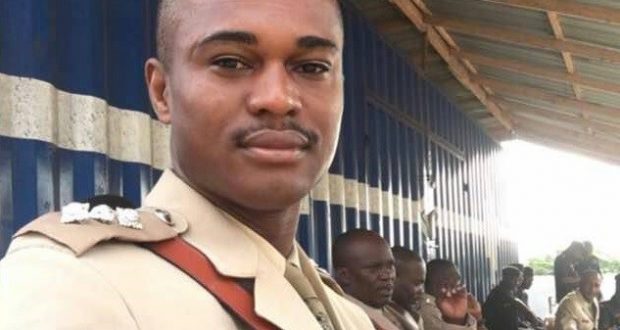
The late Captain Mahama
People who were suspected of stealing were beaten and stoned and when it was clear that they were about to die, someone would get a lorry tyre, another would volunteer to supply petrol and they would set the person ablaze. If a woman was suspected of shoplifting, she was stripped naked, beaten and objects were pushed into her vagina. University students did it. The youth did it. And the old did not want to be left out. Witches were stoned in some parts of the Northern Region while a few years ago, an old woman who had come from the village to look for her children was set ablaze in Tema for being a witch.
Captain Mahama’s children will want to find out why people in Ghana did that. Their excuse, they will learn, had always been that they did not trust the police to ensure justice. They would exclaim to their critics, “If you have ever been a victim, you would not fault us.” But would they do same if the suspected thief, murderer or criminal they lynch were their son or daughter? Brother or sister? Father or mother? The answer will be “no”. You can safely bet your potent genitals on that.
The wife of Captain Adam Mahama and his children and family are not the only people who have suffered and may suffer this trauma as a result of mob injustice. If they are not high profile citizens, we add them to the statistics after news reports and tearful sound bites. Some of the perpetrators of instant justice have been the security agencies, the police and the military. They have also been victims. We still remember Taller and Ninja, the two policemen who were lynched by land guards and buried under a concrete foundation.
So how should the nation respond to this savagery?
Some people, out of anger, have suggested that soldiers should be let loose once in a while on communities which do this. If human beings in the 21st century decide to behave like wild beasts, they should be treated like wild beasts. The Children of Denkyira-Obuasi who are as young as Captain Mahama’s children and those yet to be born should grow up to see scars of the wickedness of their forebears. A family that allows their child to use the beehive as a target to practice his stone-throwing skills should not be spared the deadly stings if the bees are hit.
For those in this school of thought, these barbaric acts continue because the culprits are never punished. And they are never punished because we don’t have a police force that we can be proud of and trust to bring justice to the victims. Like well-rehearsed Sunday school memory verses, they will sing the popular chorus: investigations are ongoing. They will then go ahead to lecture us on how difficult it is to deal with a mob situation. When the media discussions end, the case dies.
But there may be problems here. Not everyone in Denkyira-Obuasi was part of the killing and would support it. The real murderers, knowing what they had done, might have fled the town before the soldiers arrived and innocent people might suffer. Our elders say a man who is stung by a bee does not set out to destroy all beehives. But we must do something.
We need to fix our police and justice system. We need to punish wrongdoing. We need to tackle the core problem of wickedness in our land. We need to cure the greed, which has created a sense of scarcity and desperation, which have combined to make our country a survival-of-the-fittest jungle.
To achieve this, we need a sense of direction and orientation. And we need leaders to achieve this. Unfortunately, what we have are the politicians, not leaders. But until we get the leaders we need, we all must be part of the solution since we are part of the problem. And each of us is a potential victim.
If police officers and an armed army captain are victims of mob injustice, then I don’t know who you are to think you are fortified against the barbarism with which our land cursed. This is what we find solutions to as a nation when our tears for Captain Mahama dry.
The writer, Manasseh Azure Awuni, is a journalist with Joy 99.7 FM. He is the author of two books “Voice of Conscience” and “Letters to My Future Wife”. His email address is azureachebe2@yahoo.com. The views expressed in this article are his personal opinions and do not reflect, in any form or shape, those of The Multimedia Group, where he works.

-
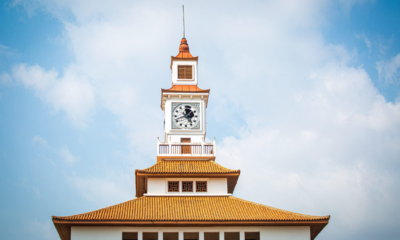
 Random Thoughts10 months ago
Random Thoughts10 months agoA Dutch Passport or a Ghanaian PhD?
-

 Foreign News10 years ago
Foreign News10 years agoEvery Animal Meat Is Not Beef! See All Their Names
-

 Manasseh's Folder12 months ago
Manasseh's Folder12 months agoManasseh’s Praise and Criticism of Akufo-Addo’s Action on the SML Scandal
-
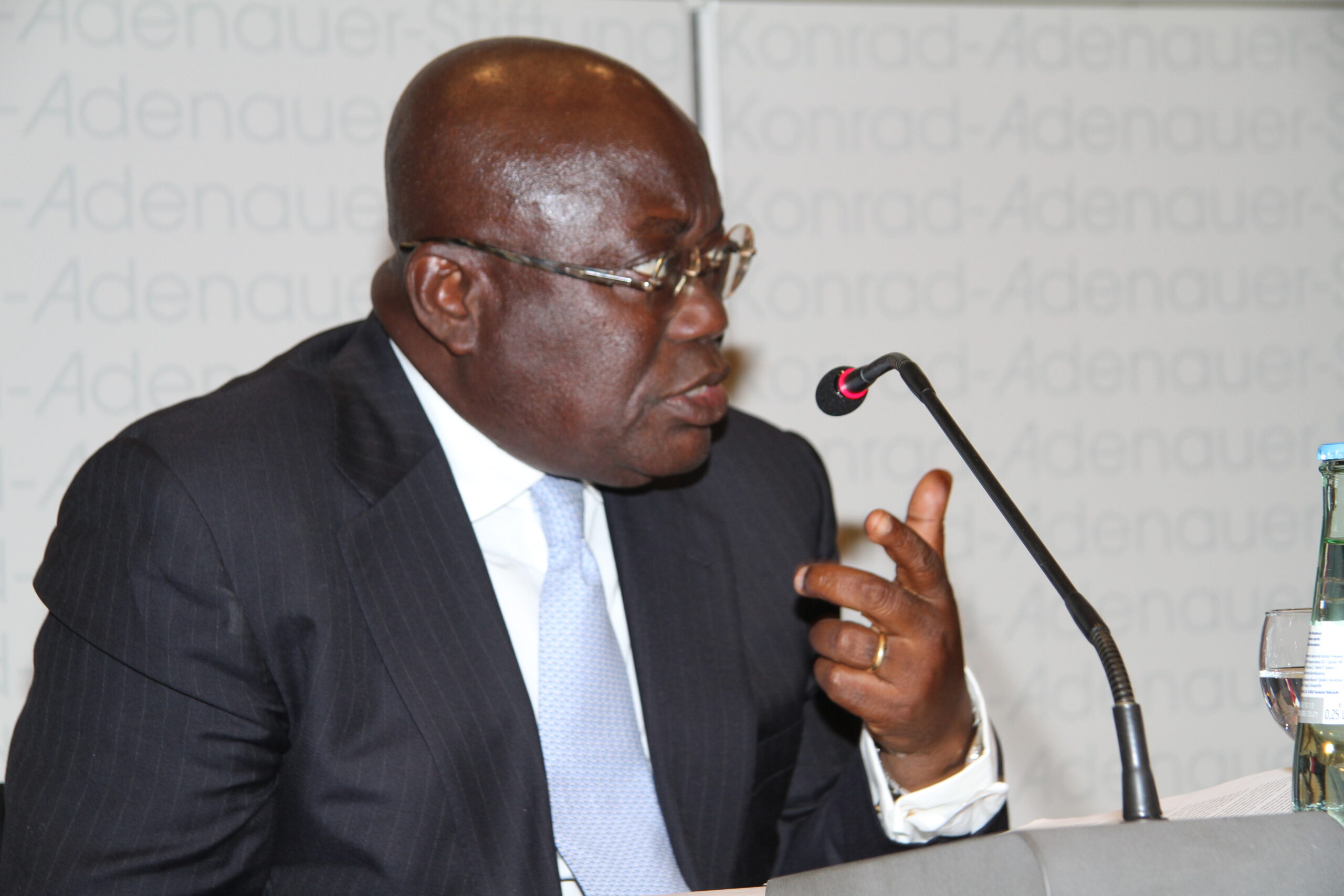
 Guest Writers9 years ago
Guest Writers9 years agoProf. Kwaku Asare writes: Nana Akufo-Addo has no law degree but…
-
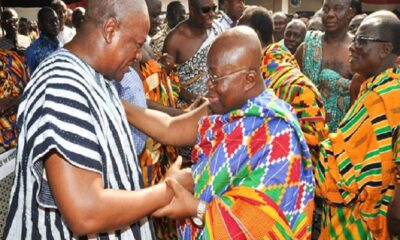
 Manasseh's Blog Posts9 months ago
Manasseh's Blog Posts9 months agoWho Started Free SHS?
-

 Manasseh's Folder9 months ago
Manasseh's Folder9 months agoIs Napo Arrogant? And Does It Matter?
-

 Anti-Corruption9 years ago
Anti-Corruption9 years agoMANASSEH’S FOLDER: Unmasking Afenyo Markins, NPP’s apostle of integrity
-

 Manasseh's Folder9 years ago
Manasseh's Folder9 years agoEXCLUSIVE PHOTOS: Manasseh Azure Awuni marries “Serwaa”